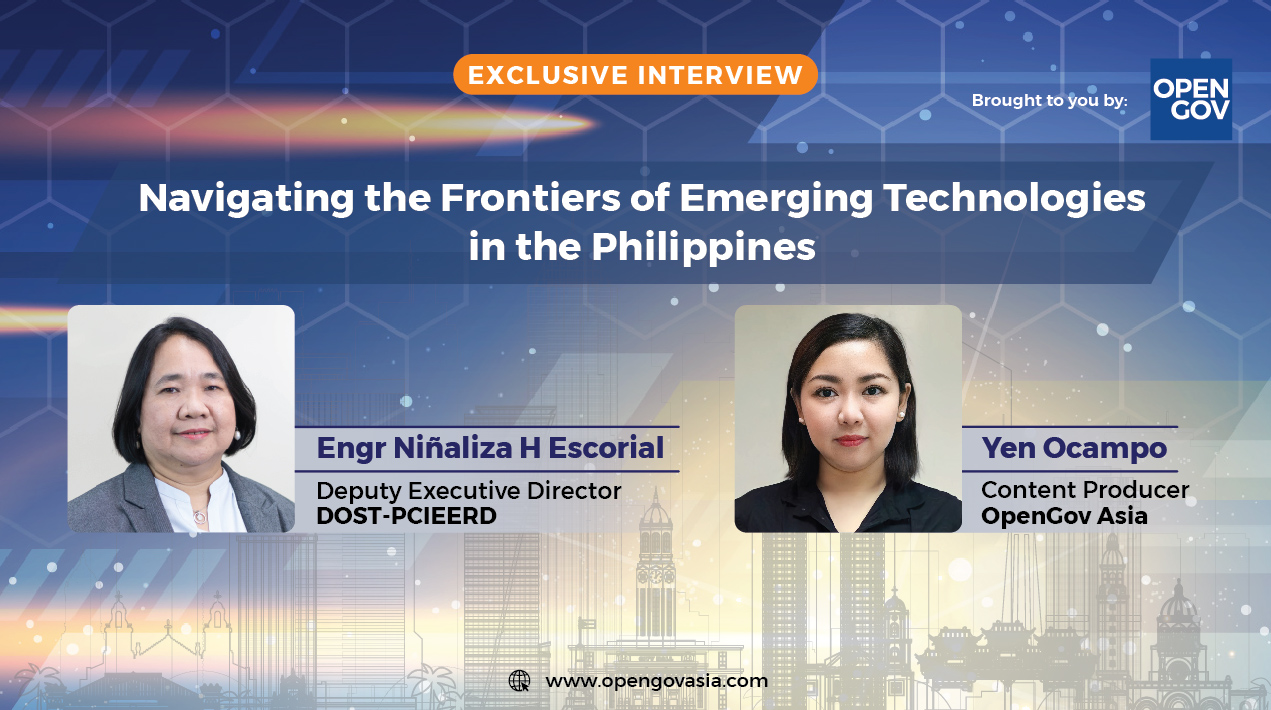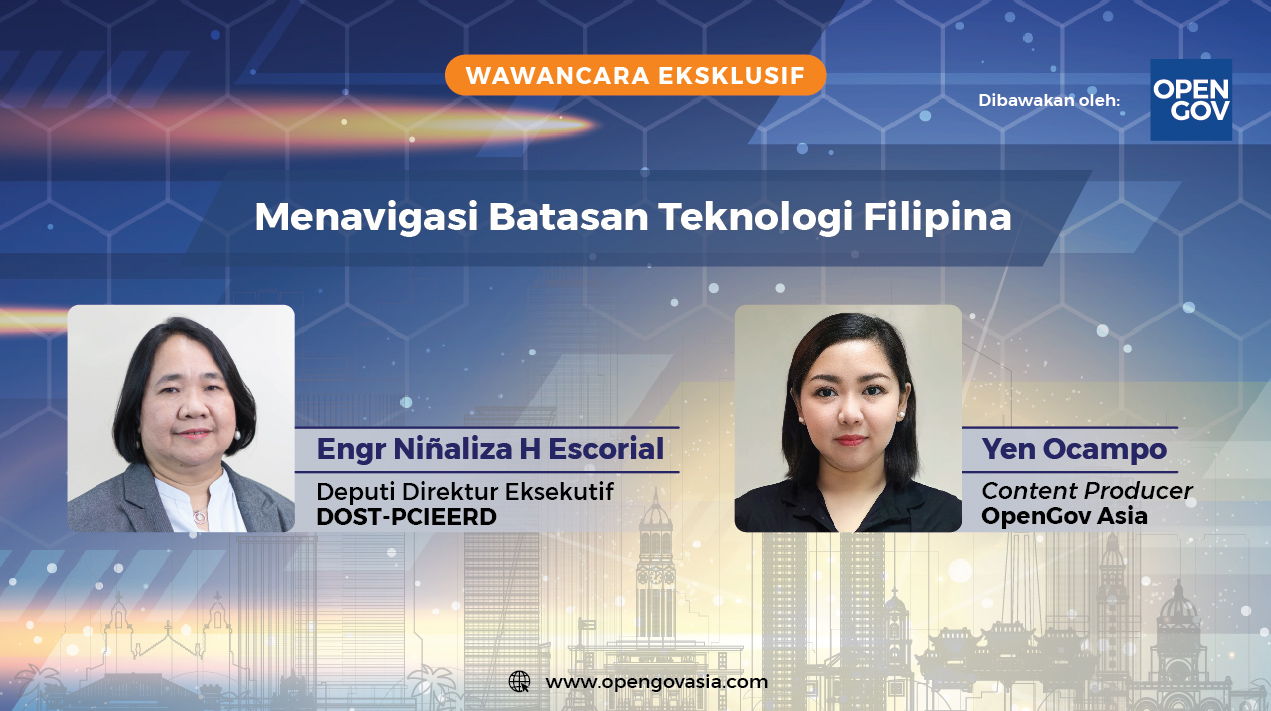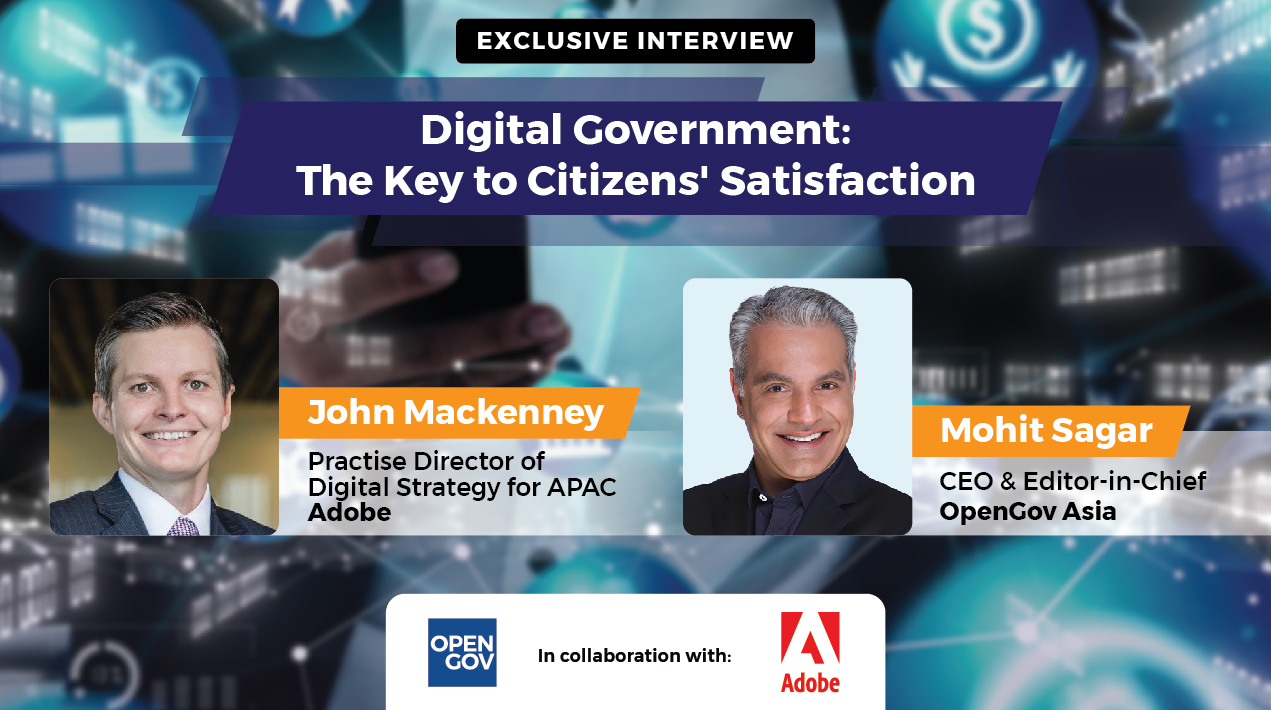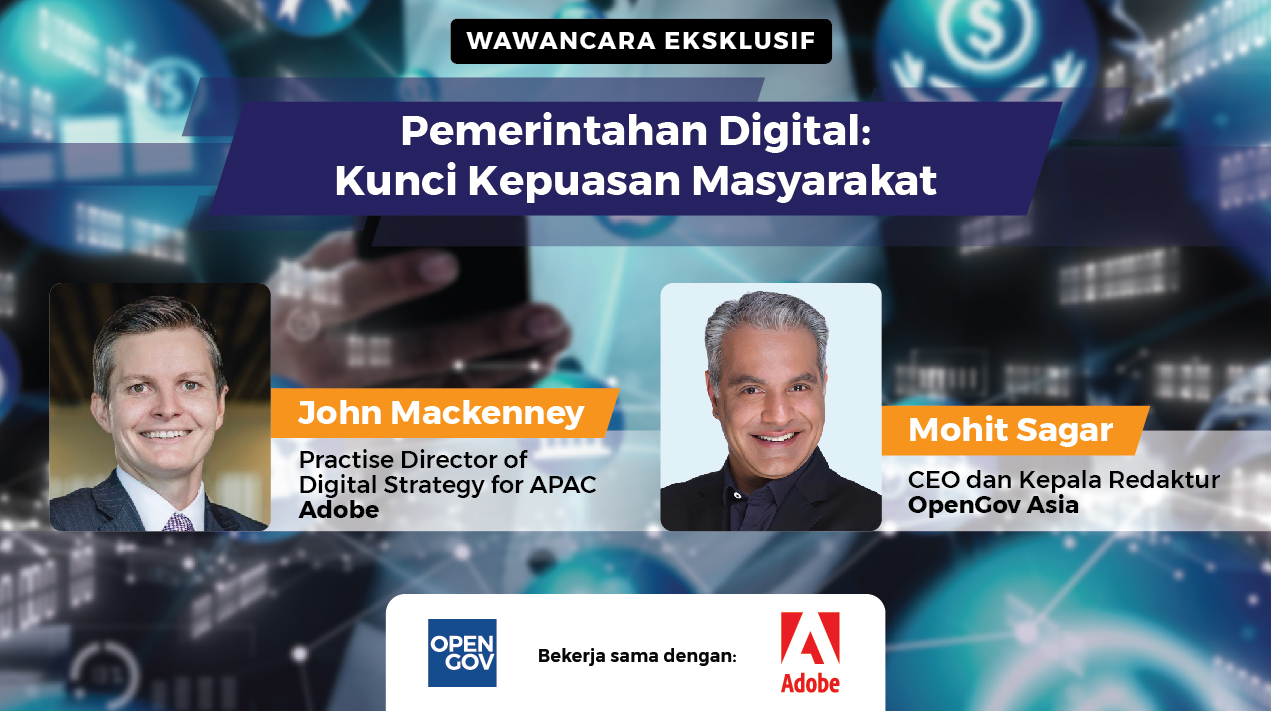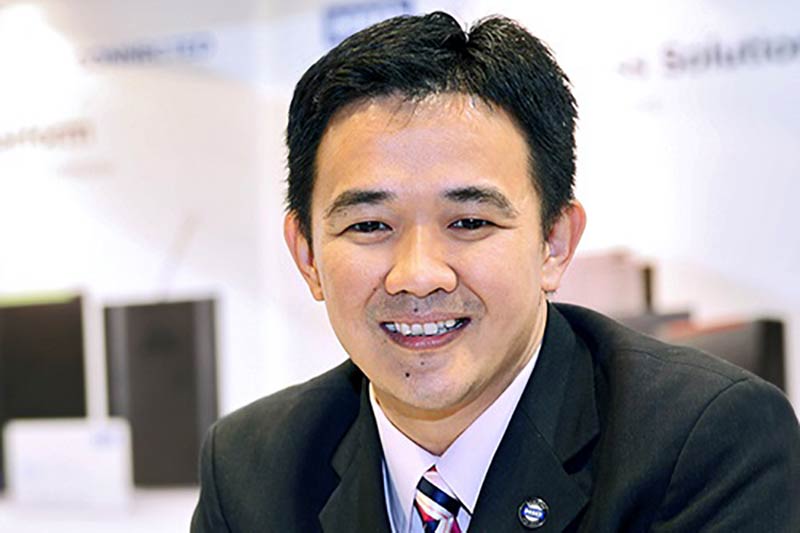
Recently, the State Employment Agency of Indonesia or Badan Kepegawaian Negara (BKN) issued smart cards, named the Kartu PNS Elektronik (KPE) card, to active and retired government employees. The KPE card was envisioned to perform a wide range of functions, including providing access to salary or pension for the cardholders.
BKN oversees all employment related issues for civil servants who are under the payroll of the Indonesian government. Indonesia’s civil service consists of around 4.5 million people. All human resources related processes, from recruitment to retirement, are handled by BKN. To ensure the department maintains a high efficiency in the face of increasing demands, it was imperative for the department to modernise its systems. The payroll system was selected as the entry point for technology adoption to improve efficiency and reduce government spending.
HID Global, a provider of products, services and solutions for the creation, management, and use of secure identities, was selected for the implementation of the smart card project. OpenGov spoke to Mr. Lee Wei Jin, Regional Director, Secure Issuance, Asia Pacific, HID Global to learn more about the project and recent trends in the area of Identity Cards.
Can you tell us about the most important recent trends in the area of Identity Cards in general? How has their functionality and security evolved in recent years?
Government agencies around the world are looking towards new and different applications where a combination of advanced smart cards, mobile IDs, and trusted identities embedded in range of other citizen ID form factors is adding more value to both citizens and government agencies.
Future trends include the stronger adoption of advanced smart cards that deliver a highly secure multipurpose identification credentials for a broad array of government-to-citizen ID use cases. And, mobile IDs carried on smartphones have presented an unprecedented opportunity for governments to provide citizens with new levels of convenience, while enhancing their capabilities to deliver secure ID programmes. From drivers’ licenses and national ID cards, to vehicle registrations, residence permits and much more, government agencies are increasingly seeking to leverage the power of mobile IDs to allow citizens to confidently use their smartphone as their secure and trusted ID.
Additionally, HID sees that the continued growth in adoption of e-passports and other e-IDs as trusted identities embedded in government documents is becoming the norm.
How are governments using smart identity cards in the ASEAN region? What is the potential scope of their use (internal or with citizens) and possible benefits?
Governments in the ASEAN region are more and more into smart identity cards. They will use this cards for internal use and also, for citizen cards.
Benefits of the smart ID can be as the following:
- To include Biodata for verification purpose
- To include insurance or pension into the cards
- To include tax ID into the cards
- To include subsidies for lower class citizen, for eg. To buy school book, health coverage, etc.
- Some will use the card for payment purpose
What were the drivers for BKN to adopt a smart card, Kartu PNS Elektronik (KPE) card?
Every year Indonesia will add around 80,000 new personnel, and in total, they have around 4.5 million personnel, including those who are going to retire, which is around 500.000 people. The adoption of the cards will help maintain the database and make it easier to track the personnel.
What are the functions and services integrated into the smart ID cards? What were the considerations and challenges faced in the development process and how were they addressed?
The services integrated into the smart ID cards include tax payment, social security/insurance, salary payment and pension funds, and salary and pension withdrawals.

Above image: Bajoe Loedi Hargono, Director of System Information Development, BKN/ Credit: HID Global
The considerations for the project was mainly on the extensive scale of the projects as it impacts around 4.5 million civil servants across the country. BKN implemented the project systematically and distributed the cards in batches beginning with new employees, followed by replacing the cards for current employees.
The biggest challenge was to implement the KPE card for retired personnel. There are retired personnel who are unaware of the new KPE cards and still receive their pension funds in their original accounts. BKN makes it easier for the retired personnel by letting them apply for the card at their convenience at BKN offices.
How is secured identity ensured in the KPE card? What are the security measures incorporated into the card?
KPE card is using contact chip technology which is the most secure in card technology. The cards also have a private key that is exclusive to BKN which makes it more secure. They use the card as their identity and also, at the same time for other usage, as mentioned above. They can use the cards to withdraw money from the ATM machines in their offices, and can use it for debit payment within the premises of the government buildings.
Can you tell us about the deployment process and timeline for this project? What are the challenges usually faced in the implementation and scaling up of large scale projects like this?
Previously they are not using any cards, so it took them around 9 months to deploy the system and another 3 months to print and encode all the cards.
The challenges will be to make sure all the sub system can work properly after the installation of the main database system. They also need to make sure, the cards are distributed at the same time to all 4.5 million workers before they can start implementing the full system.



